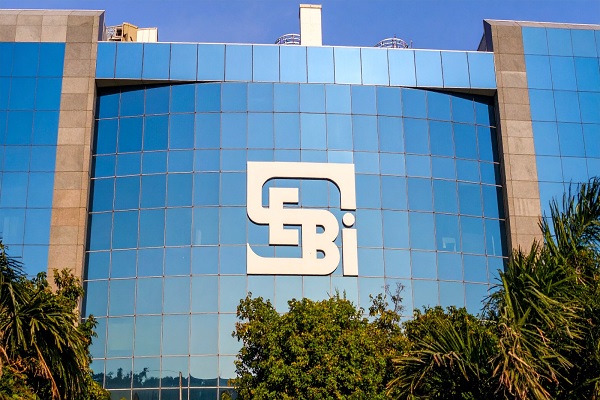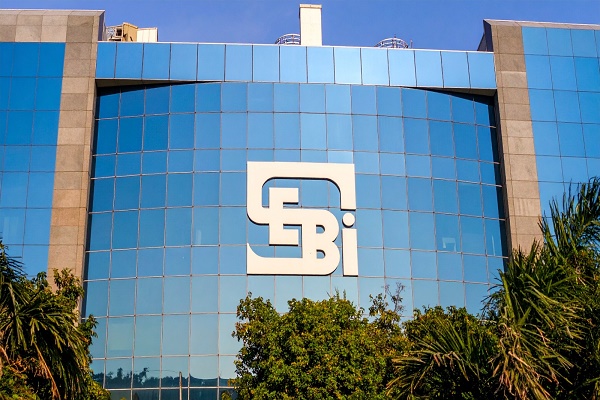SEBI extends deadline for T+0 settlement implementation for Qualified Stock Brokers

The Securities and Exchange Board of India (SEBI) has extended the deadline for Qualified Stock Brokers (QSBs) to implement systems and processes required for the optional T+0 rolling settlement in the equity cash market.
Considering the challenges highlighted by QSBs in ensuring timely readiness of systems on or before November 01, 2025 and request to extend the same for ensuring smooth implementation, it has been decided to extend the timeline for QSBs for putting in place the necessary systems and processes for enabling seamless participation of investors in optional T+0 settlement cycle,” according to the SEBI circular.
According to the capital markets regulator, the new timeline will be communicated at a later date, ensuring brokers have adequate time for seamless participation of investors in the optional T+0 settlement cycle.
The decision has been taken after feedback from QSBs, highlighting operational challenges in meeting the previous deadline of November 1, 2025.
T+0 settlement is a settlement mechanism in the securities market where trades are settled on the same day that they are executed.
T+0 settlement was introduced for faster liquidity so that investors can get their money or shares on the same day.
The extension reflects SEBI’s efforts to balance technological readiness with investor protection in India’s evolving securities market.
Meanwhile, SEBI has proposed major changes to the way mutual funds are managed in the country. The market regulator aims to lower brokerage costs, make fee disclosures clearer, and simplify how investors are charged.
In a new consultation paper reviewing the 1996 Mutual Fund Regulations, SEBI has suggested tightening the cost structures for Asset Management Companies (AMCs) so that more benefits reach investors directly. One of the biggest proposals is a sharp cut in brokerage and transaction costs that mutual funds can link to their schemes.










Tag News

India watchdog presses banks, other regulators for stricter insider trading enforcement













